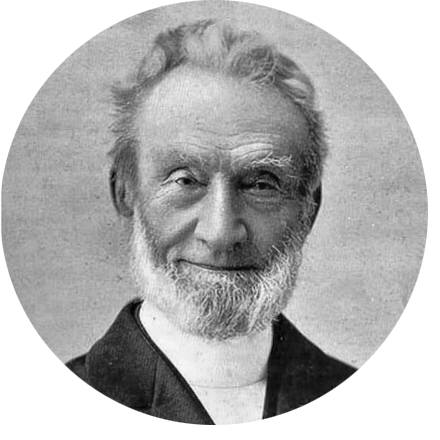There are different
kinds of knowledge, and different ways to determine what is true and what isn’t. In court, the truth of a past event is
determined through witness and evidence.
In science, general truths are determined through repeated experiments
and different studies from different cultural spins. To know a person, we will want to understand
their cultural background, interview them and see what repeated actions they
do.
How does one
determine theological truth? In the
past, traditional stories/poems were passed on to explain how God relates to
humanity. These traditions were
eventually written down and then collected in larger texts. Now, theology is often determined by
analyzing themes developed from the collected texts. The themes are often skewed by the biases and
assumptions of those developing themes, because the larger a collection of
texts, the easier it is to have at least a portion of the text fit one’s own
bias.
However, I find the
truth about God to be extremely personal, based on my own experiences. The reason for this is because God is a
person and my understanding of God has to come from my own personal experiences
of him. I do believe that Jesus, above
all other people, had the best understanding of God, and so he leads me in my
quest for knowledge about God. But I don’t
just take what Jesus says for granted.
After all, Jesus said some pretty insane things, and I shouldn’t take
what he said for granted. Rather, in my
life and in the life of my family, I held experiments to see if certain
statements Jesus said was true. I wish
I could say that these statements were true for all people in all situations. I just don’t know that. But I do know that certain principles worked
for me, because I lived them and saw them happen. If we had a thousand people do the same
experiments in different contexts then perhaps we could make broader claims. But from where I stand, I can only say that
this is how my relationship with God works.
In 1836, George
Muller, a missionary to Christian England determined that he would hold a
theological experiment. His theory is
that God would provide for all of their needs without asking any human being,
as long as they served the poor and asked only God through prayer. So he established an orphanage in his house,
and began to pray for all their needs, keeping a close account of their needs, whether
in kind or financial, and also accounting for what they had received by only
praying. This experiment lasted for
forty years during which time he built five homes at the cost of 100,000 pounds
each, and he received donations worth more than a million pounds. Not a single child went hungry, nor the
workers at his facilities. His account
books were always open to the public and they are still available today. His theory was proven by his own personal
study and sacrifice.
Even so, I have made
my own experiments in theology, testing a number of principles of Jesus by
living them out in circumstances that one would conclude otherwise. I can show that these principles worked for
me, although not in as great of detail as Mr. Muller. My experiments I will detail in a number of
blog posts with long term effects and anecdotes.
But, in a sense,
this is the relationship with God for each one of us. God works a little different with each one of
us, teaching us different principles. In
a sense, in each of our relationships there is a theory, a test and a
conclusion. We think that someone is a
certain way, over time we observe and interact and then determine if that
person really is the way we thought they were.
The same with God. We think He’s
a certain way and will interact with us a certain way, but in that, time will
tell, and we will know only that which we test. There
are many experiments that I have not done, but others have. And
there are theories I have tested and others have not.
I can’t tell you
that God is exactly this way or that and you can’t tell that to me. All we can say is how God interacted with us,
and how he interacted with others. But
hopefully we can encourage each other in our relationship with Him, to take chances
with God and step out where we might not do ourselves.


I like what you said here Steve. It rings true with me and makes me to wonder how many experiments I have had with God and how many of them I've actually concluded with a yes or a no. And whether or not those answers are correct because of me or because of God.
ReplyDelete